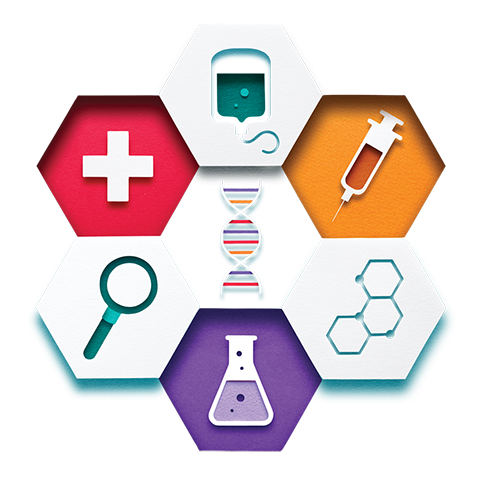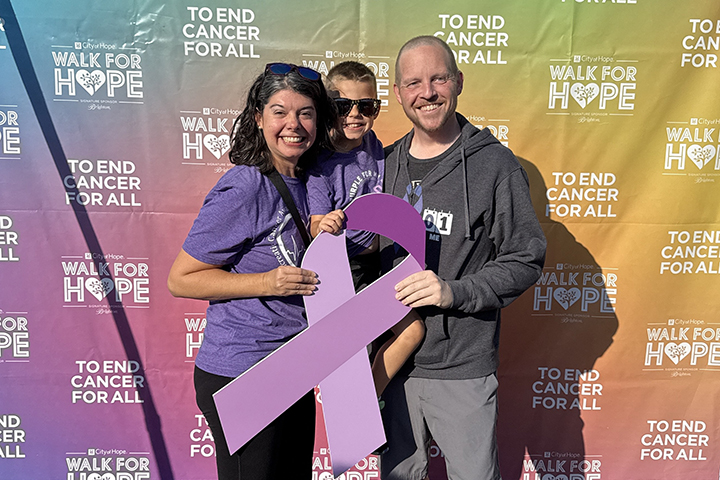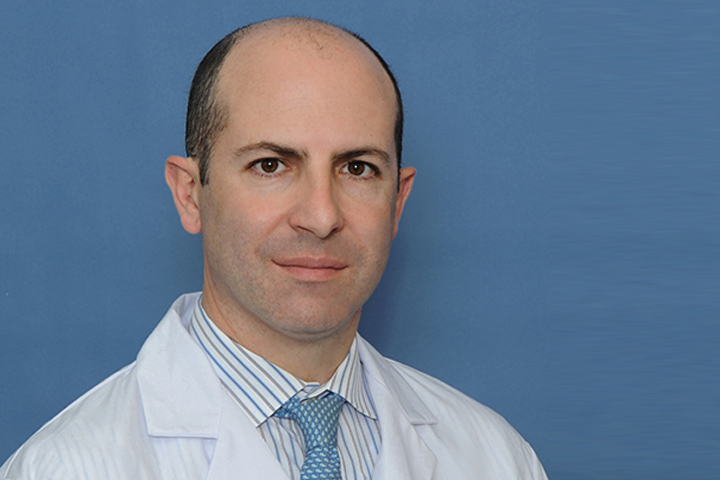Chemotherapy Plus Stem Cell Infusion and Vitamins for BRCA Mutated Pancreatic Cancer

Can causing more DNA damage to a tumor by using a combination of drugs, vitamins, and stem cells help advanced pancreatic cancer patients with BRCA mutations?
Researchers are investigating whether two chemotherapy drugs typically used to treat multiple myeloma and brain cancer, administered along with vitamins B12b and C, could be effective against pancreatic cancer while also overcoming the drug resistance that many cancer patients develop during therapy.
To help decrease the side effects of the treatment, an autologous bone marrow stem cell infusion, which involves using healthy blood-forming cells from a patient’s own body to replace diseased or damaged bone marrow, will also be administered as part of the trial. The transplantation requires a procedure called apheresis, in which a patient’s own blood stem cells are collected and preserved for later use.
How the Drugs Work
Pancreatic cancer patients with mutations to their BRCA genes have a decreased ability to repair damage to their DNA. The accumulation of unrepaired DNA damage can contribute to the development of even more mutations and the unregulated cell growth that is a hallmark of cancer. The dysfunctional DNA repair mechanisms in patients with BRCA mutations can be exploited therapeutically by using drugs that cause even more DNA damage.
The chemotherapy drugs melphalan and BCNU (carmustine) both damage DNA resulting in slower cell division and cell death. The vitamins increase the effectiveness of the drugs. The autologous stem cell transplant has a goal of helping restore red blood cells that are depleted during high doses of chemotherapies.
High-dose melphalan and autologous stem cell transplant is the standard of care in the treatment of multiple myeloma, but many patients develop a resistance to the drug, as cancer cells find new ways to repair the DNA. The researchers hope that combining the drugs, vitamins, and stem cell transplant will address this resistance.
What the Trial Entails
The study is open to patients with advanced pancreatic cancer with a BRCA1 or BRCA2 mutation who have previously received platinum-based chemotherapy.
All participants in this phase I clinical trial will receive the combination of melphalan, carmustine, vitamin B12b, and vitamin C, followed by autologous bone marrow stem cell infusion. About one week after the collection of the stem cells, participants will be admitted to the hospital for the first IV treatment of the drug and vitamin combination, with the bone marrow stem cell infusion given two days later.
A second treatment cycle and stem cell infusion will be administered six weeks later. Regular check-ups will be required, and the trial team will be monitoring participants for one year after treatment to measure melphalan activity in the body, drug toxicity, adverse effects, overall survival, and progression-free survival.
We encourage you to consult your physicians for clinical trials that may be right for you. The website ClinicalTrials.gov provides more details about this trial as well as many others. You can visit the Let’s Win Trial Finder for a list of all active pancreatic cancer clinical trials.






